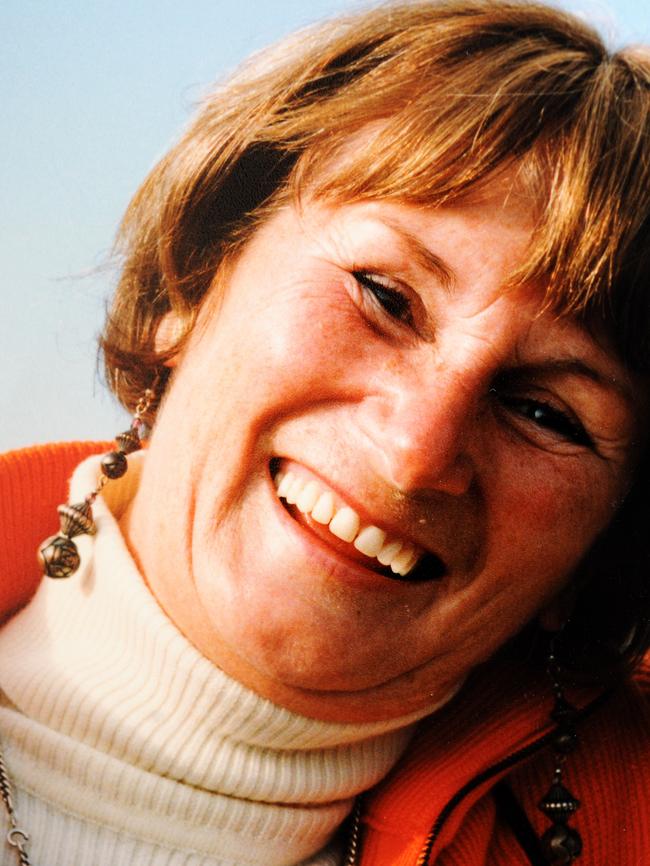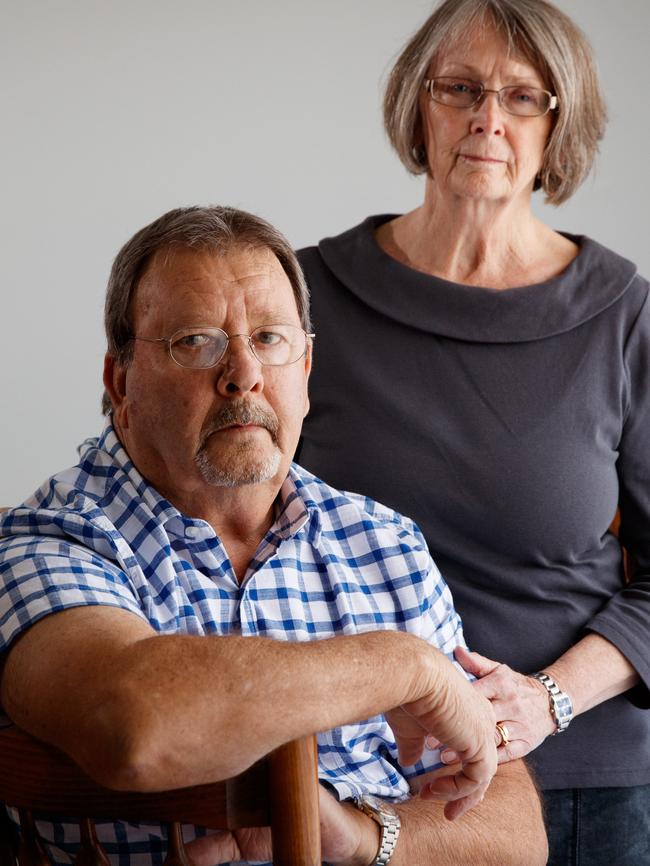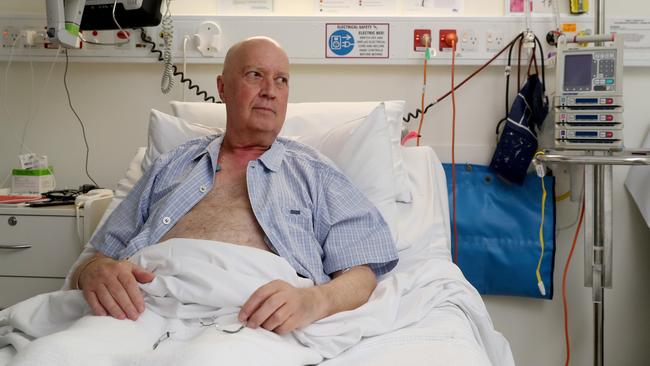Chemotherapy blunder inquest hears patient deaths can’t be linked
CANCER patients who died after the chemotherapy dosing blunders scandal were at risk of “compromised” treatment but their deaths could not be absolutely linked, an inquest has heard.
SA News
Don't miss out on the headlines from SA News. Followed categories will be added to My News.
- Fourth chemo bungle victim dies as coroner’s inquest begins
- SA Govt drops challenge threat against chemo inquest
- How a ‘typo’ denied cancer patients full treatment
THE group of cancer patients at the centre of the chemotherapy dosing blunder were at risk of “compromised” treatment although their deaths could not be absolutely linked, an inquest has heard.
At least 10 acute myeloid leukaemia patients were given underdosed drug treatments at the Royal Adelaide Hospital and Flinders Medical Centre between July 2014 and January 2015.
Of those, four have since died, three more have relapsed and the fate of a trio of patients remains unclear.


Deputy State Coroner Anthony Schapel is investigating what role the blunders played in the deaths of Christopher McRae, 67, Bronte Higham, 68, and Johanna Pinxteren, also known as Anne, 76.
At their inquest opening, Mr Schapel ordered the inquiry be widened to include the death of Carol Bairnsfather, 70, at the Royal Adelaide Hospital on Friday as the circumstances — too little chemotherapy and a subsequent relapse — were similar.
Mr Schapel is considering whether to widen the scope of the inquest further to include six ill patients — including gravely ill leukaemia patient Andrew Knox, 68.
On Wednesday, expert witness Professor John Gibson, from Sydney’s Royal Prince Alfred Hospital’s Institute of Haematology told the Coroners Court it was “impossible” to conclude whether the blunders caused the patients to relapse or die.
But asked by Mr Schapel whether their treatment had been “compromised”, the head of replied: “I think that is a risk”.
In his review tendered to the inquest, Prof Gibson said treatments were a “breach of protocol”.
“Unfortunately, it is impossible to be absolutely certain of any effect of incorrect dosing in these individual patients,” he concluded.
Under questioning on Wednesday from Mark Griffin QC, for Mr Knox, Prof Gibson said there was no conclusive medical link: “It’s perhaps disappointing to say that but that is what I believe to be the truth. It is really, really difficult to be black and white about.”
Meanwhile, a report by national health care safety expert Kieran Pehm shows the chemotherapy error was uncovered at the RAH pharmacy on the day Ms Higham completed treatment at the FMC — at the wrong dose.

Mr Pehm, from the Australian Commission on Safety and Quality in Health Care who was questioned on Wednesday by a parliamentary inquiry, reveals the RAH pharmacy noticed the error on Friday, January 16, 2015, after a patient had begun treatment at the incorrect level.
Her chemotherapy recommenced on the Monday with her doctor saying the twice daily infusion was needed, but not that there had been a mistake.
The mistake was not confirmed until after the weekend because two people were not at work on Friday, even though the protocol could have been accessed through the intranet, Mr Pehm found
Mr Higham, who has since died, had by then completed his chemotherapy at the wrong dose and three days later Andrew Knox, who has relapsed, received incorrect treatment at Flinders.
Even after Flinders knew of the error, it flagged it as less than urgent because the doctors argued no harm was done. Mr Pehm said this underrated the potential harm to the cancer recovery of five Flinders patients from the reduced chemotherapy.
He was scathing of SA Health’s quality and governance regime, saying the Quality and Governance Committee of the CALHN sector’s failure to ensure its own policies were followed showed “a breathtaking contempt for good clinical governance”.
Individually, patients were poorly treated, including a patient who lived alone and had relapsed and was rung to ask what support she needed. When she asked for a cleaner, the person on the phone laughed.
“Little things can mean a lot to patients in these situations,” Mr Pehm told the select committee inquiring into the chemotherapy scandal.


